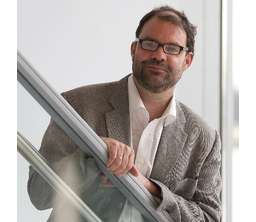PROGRESSUS
Professor Ingo Stadler and Professor Eberhard Waffenschmidt take part in the international funded research project “Progressus”. The project has recently been granted and started in April of this year. The project investigates future power grid structures.
Here, at TH-Köln we focus on the development and investigation of smart charging stations for electromobility, which are able to communicate in order to prevent an overload of the power grid. THK will develop algorithms that allows already existing and connected infrastructure (smart meters and charging stations) to determine the state of the grid to which it is connected. This is done by collecting (by) measurements of electrical parameters as voltage, (current) voltage angle, and power factor. Algorithms will be developed that allow grid operation at its limits both taking into account maximum transformer and line charge and maximum allowed voltage drop.
Various scenarios and grids are evaluated, modelled, and accuracy is validated in the laboratory. Measurements are carried out in a real test area. In a further step, optimization routines will be developed taking into account communication between different smart meter gateways within one low voltage grid in order to maximize distribution grid utilization whilst guaranteeing grid friendliness.
All this will generate a low-cost solution to obtain real-time information on the status of the low voltage grid. Once this is determined, it can be used as input to optimize the consumption pattern of e.g. charging stations, home energy management systems, heat pumps and photovoltaic systems. The optimization goals will be twofold, the optimization of the home energy system itself and the optimization of the overall low voltage grid state.
To test the algorithms, a laboratory environment is set up. This contains of at least one smart meter gateway and other components of a "smart home". Among other things, the data communication and the interaction between the charging station and the home-management system can be tested in the laboratory. The goal here is to demonstrate the compatibility of grid management and home management system.


